Home>diy>Planning & Engineering>What Does B2 Zoning Mean


Planning & Engineering
What Does B2 Zoning Mean
Modified: May 6, 2024
Discover what B2 zoning means in the world of planning and engineering. Enhance your knowledge and understanding with our comprehensive guide.
(Many of the links in this article redirect to a specific reviewed product. Your purchase of these products through affiliate links helps to generate commission for Storables.com, at no extra cost. Learn more)
Introduction
In the world of urban planning and zoning, B2 zoning is a term that often comes up. But what exactly does it mean? B2 zoning refers to a specific zoning classification used by local governments to regulate land use and development in commercial areas. Understanding B2 zoning is crucial for property owners, developers, and businesses looking to establish a presence in these areas.
In this article, we will delve into the definition of B2 zoning, explore the permitted uses and restrictions associated with it, and highlight the common characteristics of B2 zoning areas. Additionally, we will discuss the benefits and challenges of B2 zoning and provide some valuable tips for navigating the regulations.
Whether you are considering opening a retail store, restaurant, or office space, knowing the ins and outs of B2 zoning will help you make informed decisions and ensure compliance with local regulations.
Key Takeaways:
- B2 zoning regulates commercial areas, allowing a diverse range of businesses. Understanding local regulations and engaging with authorities is crucial for successful navigation and compliance.
- B2 zoning offers opportunities for commercial development but comes with challenges such as regulatory complexity and competition. Thorough research, community engagement, and strategic planning are essential for success.
Read more: What Does C-2 Zoning Mean
Definition of B2 Zoning
B2 zoning, commonly known as “General Business District,” is a specific zoning classification that governs land use and development in commercial areas. It is typically designated for areas where a wide range of commercial activities and services are permitted.
The main objective of B2 zoning is to create vibrant commercial districts that can support diverse businesses, stimulate economic growth, and serve the needs of the community. B2 zoning allows for a mix of uses, including retail stores, restaurants, offices, and service establishments. It is important to note that B2 zoning may vary from one municipality to another, so it is essential to consult the local zoning ordinance for specific regulations in your area.
Under B2 zoning, certain criteria are established to determine the appropriateness of a particular land use within the district. These criteria may include factors such as the type of business, the size and scale of the development, parking requirements, and compatibility with surrounding land uses.
B2 zoning aims to strike a balance between encouraging commercial development and ensuring compatibility with adjacent residential and industrial areas. It provides a framework for orderly and controlled growth by guiding the location, density, and design of commercial developments within a community.
As with any zoning classification, B2 zoning comes with its own set of regulations and requirements to ensure that development contributes to the overall well-being of the community. Understanding these regulations is crucial for property owners and developers seeking to make the most of their commercial properties.
Permitted Uses in B2 Zoning
Permitted uses in B2 zoning are activities and businesses that are allowed by the local government within a designated B2 zoning district. These permitted uses are determined to be compatible with the goals and objectives of the B2 zoning classification, as well as the surrounding land uses.
While the exact list of permitted uses may vary depending on the specific zoning ordinance of each municipality, there are some common types of businesses and activities that are typically allowed in B2 zoning districts:
- Retail Stores: B2 zoning often allows for a variety of retail establishments, including clothing stores, electronics stores, grocery stores, and specialty stores.
- Restaurants and Cafes: B2 zoning districts commonly permit the operation of restaurants, cafes, and other food-related establishments.
- Offices: B2 zoning may allow for the establishment of professional offices and administrative services, such as law firms, accounting firms, and real estate agencies.
- Service Establishments: B2 zoning often permits service-oriented businesses, such as hair salons, fitness centers, banks, and healthcare facilities.
- Hotels and Lodging: In some cases, B2 zoning districts allow for the development and operation of hotels and other lodging accommodations.
It is important to note that while these are common examples of permitted uses in B2 zoning, each municipality may have its own specific regulations and restrictions. It is crucial to consult the local zoning ordinance to determine the full list of permitted uses in your area.
Additionally, it is worth mentioning that certain uses may require special permits or approvals from local authorities. For example, the operation of certain types of businesses, such as bars, nightclubs, or medical clinics, may have additional requirements to ensure compliance with health and safety regulations.
Understanding the permitted uses in B2 zoning is essential for property owners and entrepreneurs looking to establish businesses within these districts. By knowing what types of businesses and activities are allowed, you can make informed decisions and ensure compliance with local regulations.
Restrictions and Limitations in B2 Zoning
While B2 zoning allows for a wide range of commercial activities, it also comes with certain restrictions and limitations to maintain the integrity and compatibility of the district with the surrounding area. These restrictions are in place to ensure that the development within a B2 zoning district aligns with the community’s interests and objectives.
Some common restrictions and limitations in B2 zoning include:
- Building Height and Setbacks: B2 zoning regulations typically specify the maximum height of buildings and the required distance between the building and property lines, known as setbacks. These restrictions aim to maintain appropriate building scales and prevent overcrowding.
- Parking Requirements: B2 zoning often includes specific parking regulations to ensure that there is sufficient parking space to accommodate the needs of businesses and customers. These requirements may dictate the number of parking spaces needed based on the size and type of business.
- Signage Regulations: B2 zoning districts commonly have regulations regarding signage, including the size, placement, and design of business signs. These regulations are in place to maintain visual harmony and prevent excessive signage clutter.
- Noise and Odor Restrictions: B2 zoning may include restrictions on noise levels and the emission of odors to minimize the disturbance to nearby residential areas.
- Environmental Considerations: B2 zoning often takes environmental factors into account, such as stormwater management, waste disposal, and preservation of natural resources. Compliance with environmental regulations is typically required for development within B2 zoning districts.
It is important to note that these restrictions and limitations may vary from one municipality to another. Therefore, it is crucial to consult the local zoning ordinance or Planning and Zoning Department to understand the specific regulations in your area.
Complying with the restrictions and limitations in B2 zoning is essential for property owners and developers to avoid potential legal issues and ensure the successful implementation of commercial projects. It is advisable to work closely with professionals, such as architects and land use consultants, who can guide you through the zoning process and help navigate the regulations.
B2 zoning typically allows for a mix of commercial and residential uses. Check with your local zoning department for specific regulations and restrictions.
Common Characteristics of B2 Zoning Areas
B2 zoning areas share certain characteristics that are indicative of their commercial nature and intended land use. Understanding these common characteristics can help property owners and businesses assess the suitability of a specific location within a B2 zoning district.
Here are some common characteristics of B2 zoning areas:
- Proximity to Major Roads and Highways: B2 zoning areas are often located in close proximity to major roads and highways to facilitate easy access for customers and employees. This allows businesses to benefit from high visibility and convenient transportation options.
- Mixed-Use Development: B2 zoning areas may feature a mix of commercial, residential, and institutional uses, creating a vibrant and dynamic environment. This mixed-use development can provide opportunities for businesses to cater to a diverse customer base.
- Density of Buildings and Development: B2 zoning districts tend to have a higher density of buildings compared to residential areas. This higher density allows for a concentration of businesses and promotes economic activity.
- Availability of Infrastructure: B2 zoning areas typically have access to essential infrastructure such as utilities, parking facilities, and public transportation. These infrastructure amenities are crucial for supporting the needs of businesses and attracting customers.
- Commercial Services and Amenities: B2 zoning areas often have a range of commercial services and amenities nearby, including shopping centers, restaurants, and entertainment venues. This concentration of commercial offerings can create a vibrant and convenient area for both businesses and consumers.
- Design Guidelines: B2 zoning areas may have design guidelines in place to ensure that the architectural character and aesthetic appeal of the district are maintained. These guidelines may dictate factors such as building materials, façade design, and landscaping requirements.
These characteristics are not exhaustive, and the specific attributes of B2 zoning areas may vary depending on the location and local regulations. It is crucial to conduct thorough research and consult with local authorities to fully understand the unique characteristics of a particular B2 zoning district.
By considering these common characteristics, property owners and businesses can strategically assess the potential of a B2 zoning area and make informed decisions about the suitability of a location for their specific needs.
Read more: What Does R2 Zoning Mean
Benefits and Challenges of B2 Zoning
B2 zoning offers several benefits and opportunities for property owners, businesses, and the surrounding community. However, it also presents certain challenges that need to be considered. Understanding the advantages and limitations of B2 zoning is essential for informed decision-making and successful navigation of the zoning regulations.
Benefits of B2 zoning include:
- Opportunity for Commercial Development: B2 zoning provides designated areas for commercial development, allowing businesses to establish a presence in vibrant commercial districts. This concentration of businesses can attract customers and stimulate economic growth.
- Diverse Range of Permitted Uses: B2 zoning typically allows for a wide range of commercial activities, providing flexibility for businesses to choose the most appropriate use for their property.
- Infrastructure and Amenities: B2 zoning areas often have access to essential infrastructure, such as utilities, parking facilities, and public transportation. Additionally, the proximity to other commercial establishments offers convenience and a variety of services to both businesses and consumers.
- Community Integration: B2 zoning promotes the integration of commercial establishments with residential areas and other land uses. This can create a sense of community and provide opportunities for collaboration between different sectors.
Despite these benefits, there are also challenges associated with B2 zoning:
- Regulatory Complexity: B2 zoning regulations can be complex and subject to frequent updates. It is essential for property owners, businesses, and developers to navigate through these regulations to ensure compliance and avoid potential setbacks.
- Competition and Market Saturation: Concentration of businesses in B2 zoning areas can lead to competition and market saturation, especially in highly desirable locations. This requires careful market analysis and differentiation strategies for businesses to thrive.
- Potential for Zoning Restrictions: B2 zoning may come with restrictions and limitations on certain uses or design aspects. Businesses must carefully consider these restrictions and ensure their plans align with the zoning regulations.
- Impact on Residential Areas: B2 zoning areas often border residential neighborhoods, which can create challenges related to noise, traffic, and compatibility between commercial and residential land uses.
Overall, B2 zoning provides a framework for promoting commercial development and creating vibrant business districts. However, it is important to weigh the benefits and challenges associated with B2 zoning to make informed decisions and develop strategies that align with the goals and objectives of the community and businesses alike.
Tips for Navigating B2 Zoning Regulations
Navigating B2 zoning regulations can be complex, but with careful planning and adherence to the guidelines, businesses and property owners can successfully navigate through the process. Here are some tips to help you navigate B2 zoning regulations effectively:
- Research Local Zoning Laws: Familiarize yourself with the specific regulations and requirements outlined in the local zoning ordinance. Understand the permitted uses, setbacks, parking requirements, signage regulations, and any other relevant provisions that may impact your project.
- Engage with Local Authorities: Reach out to your local Planning and Zoning Department or other relevant authorities early in the process. Seek their guidance and clarify any questions or concerns you may have regarding zoning regulations.
- Consult Experts: Consider consulting with professionals such as architects, land use consultants, and attorneys who have experience navigating zoning regulations. They can provide invaluable insights and ensure that your project complies with all necessary regulations.
- Create a Comprehensive Plan: Develop a comprehensive plan that aligns with the goals and objectives of the B2 zoning district. This plan should include details about the intended use of the property, building design, landscaping, parking provisions, and any other relevant elements that will help demonstrate compliance with the zoning regulations.
- Attend Public Meetings: Participate in local public meetings and hearings related to zoning and development. This allows you to stay informed about any proposed changes to zoning regulations and provides an opportunity to voice your concerns or support for specific projects.
- Engage with the Community: Build positive relationships with the community and neighboring businesses. Engage in open dialogue, address concerns, and consider incorporating community input into your project to foster goodwill and support.
- Seek Variances or Special Permits if Needed: If your project does not comply with certain zoning regulations, consider applying for variances or special permits. This process, if granted, allows for deviations from the standard zoning requirements. However, bear in mind that obtaining variances or special permits may involve additional steps and require justification.
- Review the Site Plan: Develop a detailed site plan that outlines the design, parking provisions, loading areas, landscaping, and other elements of your proposed project. Ensure that it meets the requirements of the zoning regulations and submit it for review and approval.
- Stay Updated with Zoning Changes: Zoning regulations can evolve over time. Stay informed about any updates or changes to the zoning ordinances that may affect your property or proposed project. Regularly check for notifications and attend workshops or seminars focused on zoning to stay up to date.
By following these tips and actively engaging with the local authorities and community, you can navigate B2 zoning regulations more effectively and increase the chances of a successful and compliant project.
Conclusion
B2 zoning plays a vital role in regulating land use and development in commercial areas. Understanding the definition, permitted uses, restrictions, and common characteristics of B2 zoning is crucial for property owners, developers, and businesses planning to establish a presence in these areas.
By familiarizing yourself with the specific regulations outlined in the local zoning ordinance and engaging with local authorities, you can navigate B2 zoning regulations effectively. Consulting with experts, attending public meetings, and seeking variances or special permits if needed are also valuable strategies to ensure compliance and success.
B2 zoning offers numerous benefits, such as providing opportunities for commercial development, offering a diverse range of permitted uses, and promoting community integration. However, it also presents challenges, including regulatory complexity, competition, and the potential impact on residential areas. These challenges should be carefully considered and addressed to minimize potential setbacks.
Ultimately, thorough research, careful planning, and engagement with the community are key to successfully navigating B2 zoning regulations. By doing so, you can make informed decisions, comply with local requirements, and contribute to the growth and vibrancy of commercial districts.
Remember, B2 zoning is not a barrier but rather a framework that, when understood and followed, can lead to the successful establishment and operation of businesses. Embrace the opportunities, address the challenges, and leverage the benefits that B2 zoning offers for the long-term success of your ventures.
Curious about how different zoning types impact land use and development? If you've found our guide on B2 zoning insightful, you might enjoy our detailed look into commercial zoning. This next piece demystifies the rules, uses, and implications of zoning in commercial areas, offering practical advice for property owners and developers. It’s a must-read for anyone interested in the broader landscape of property development.
Frequently Asked Questions about What Does B2 Zoning Mean
Was this page helpful?
At Storables.com, we guarantee accurate and reliable information. Our content, validated by Expert Board Contributors, is crafted following stringent Editorial Policies. We're committed to providing you with well-researched, expert-backed insights for all your informational needs.
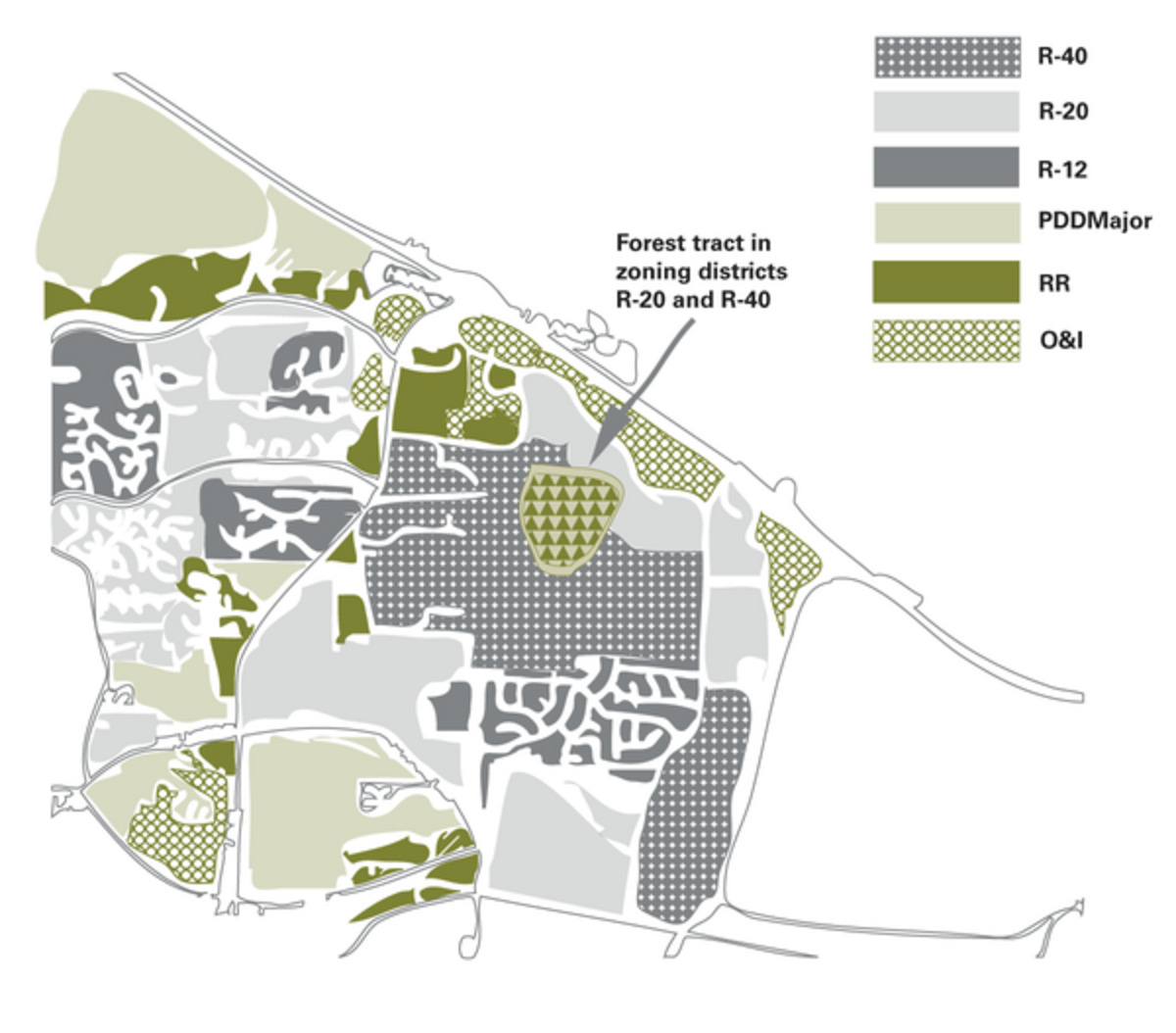
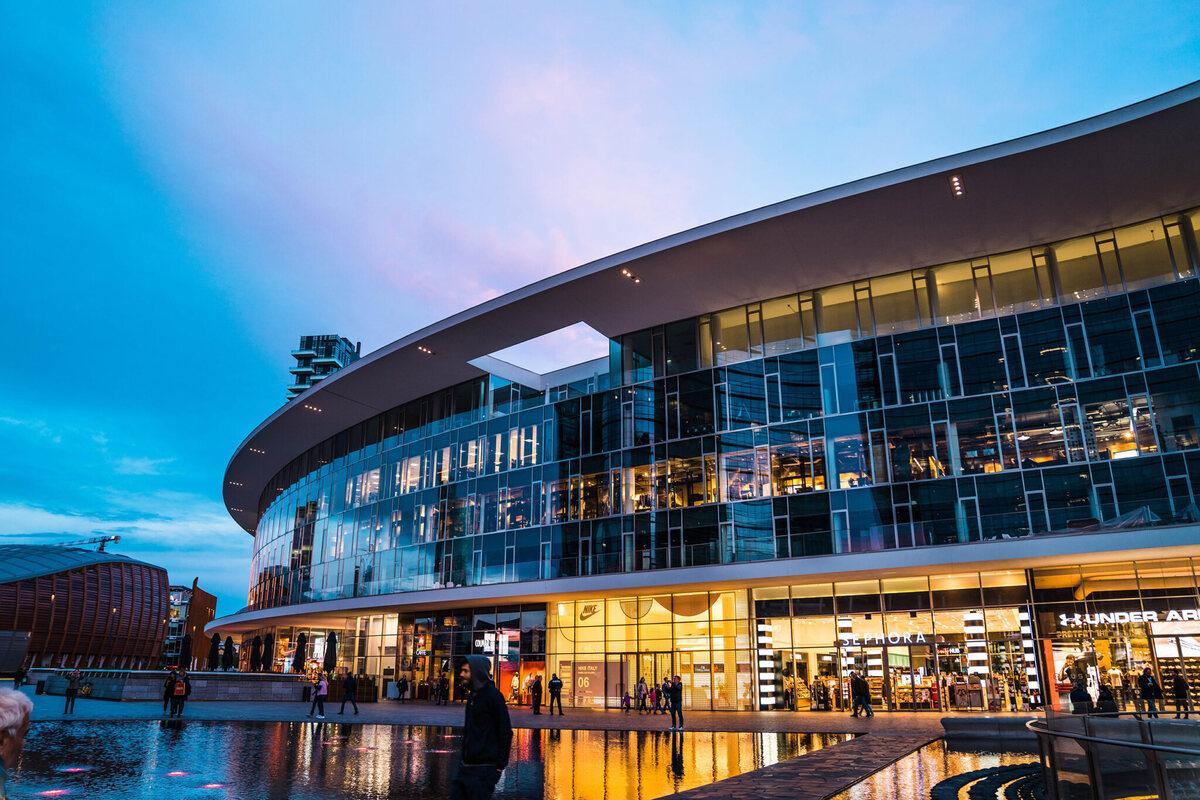


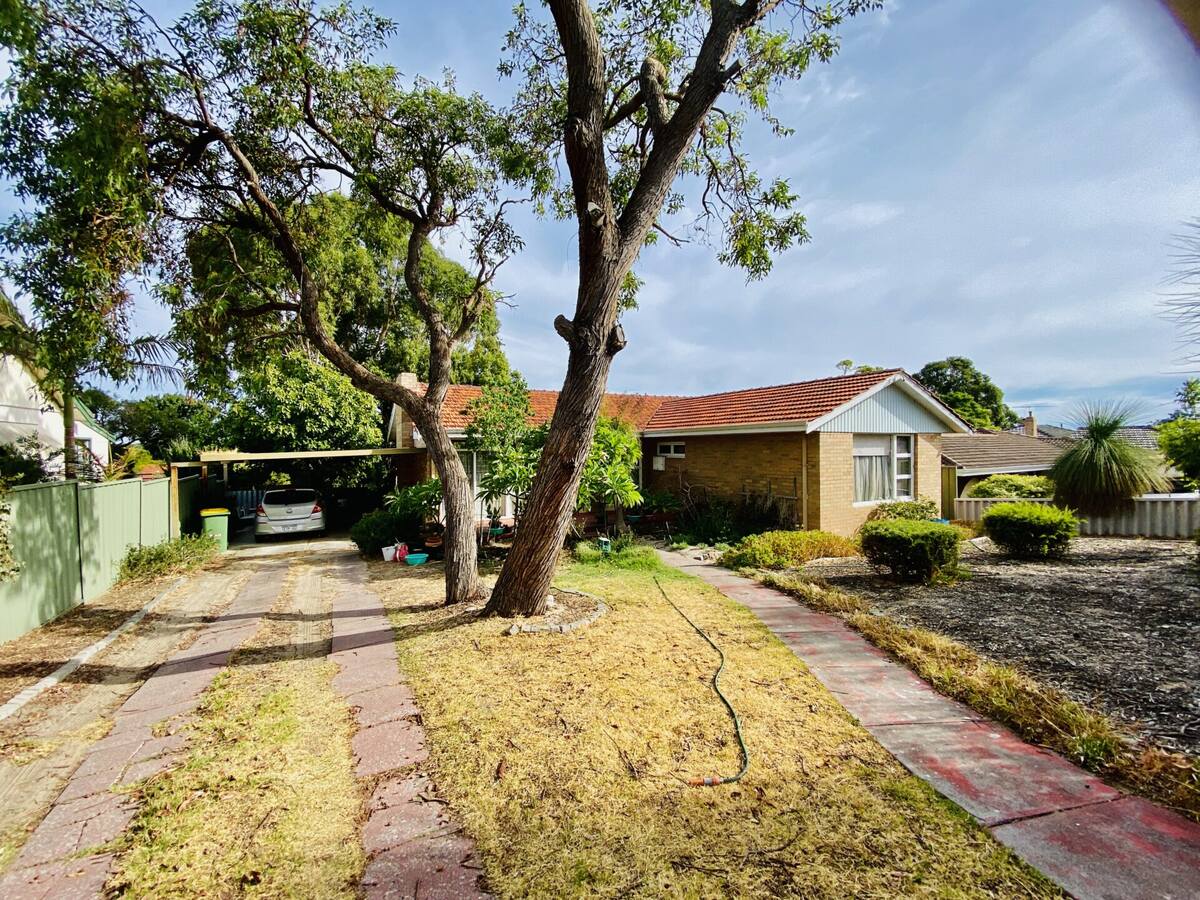

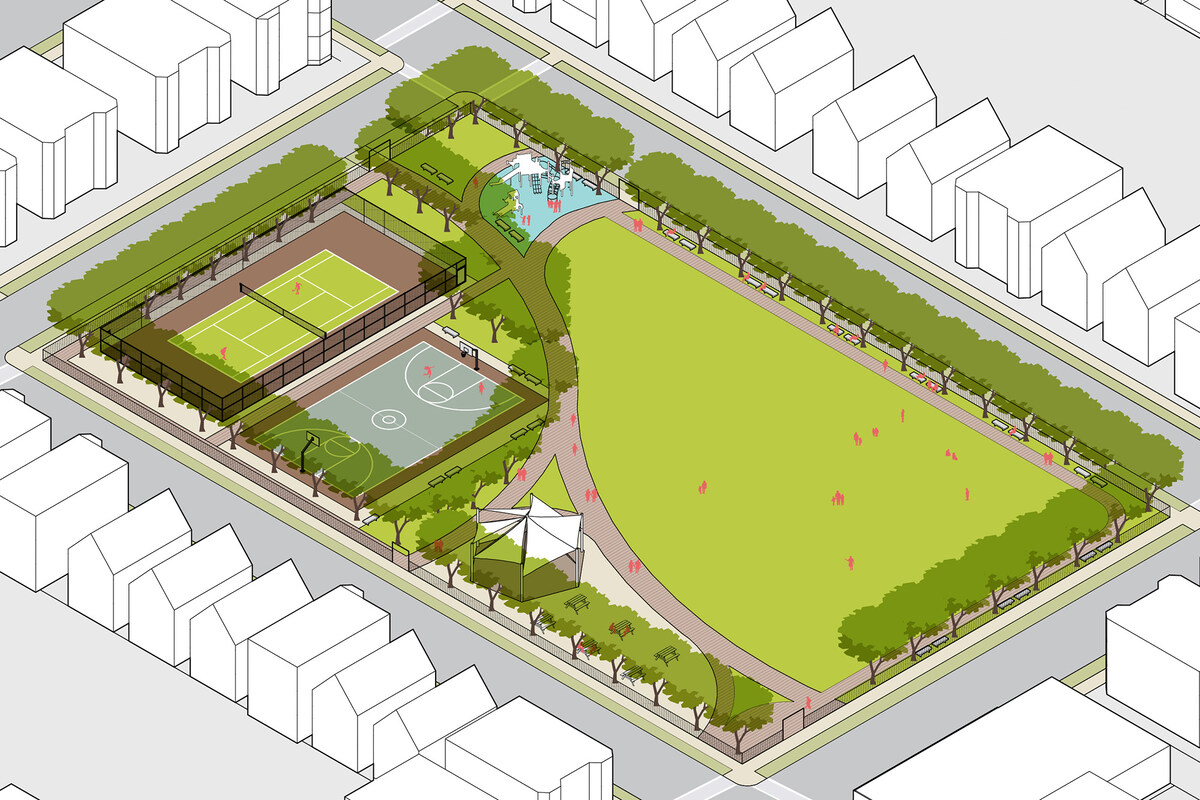
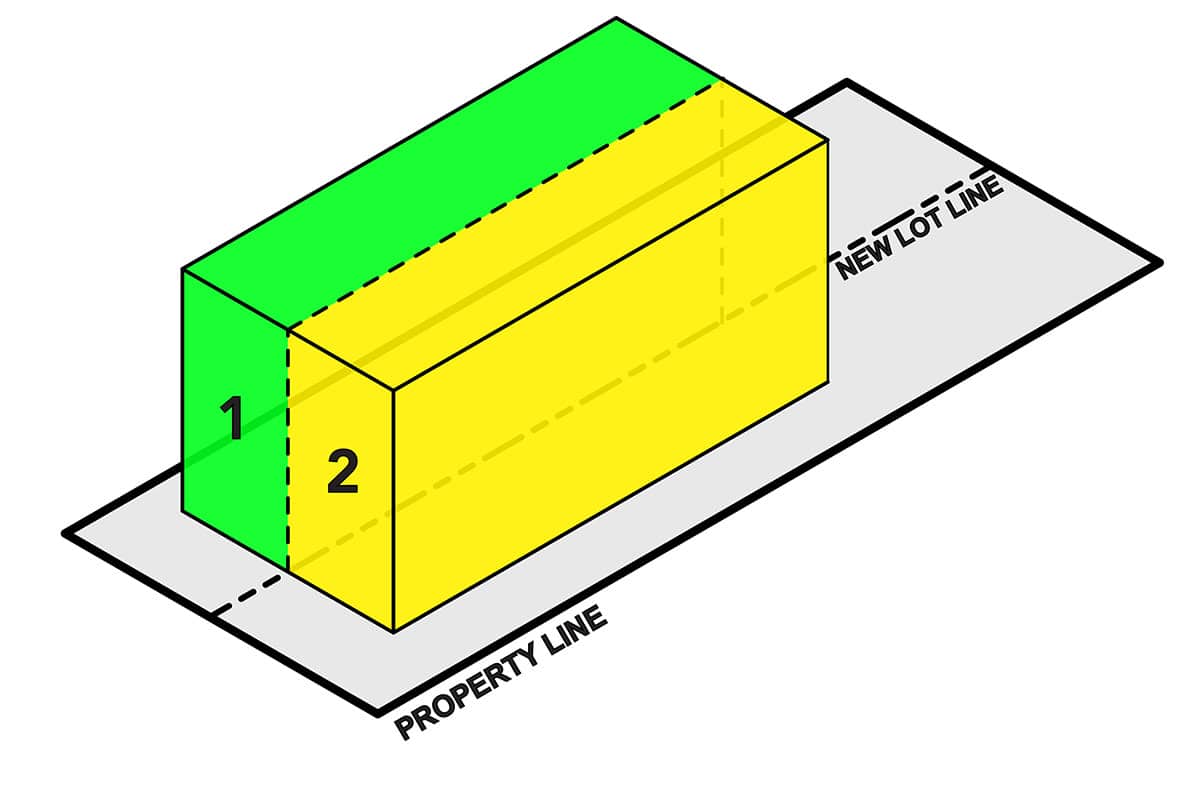
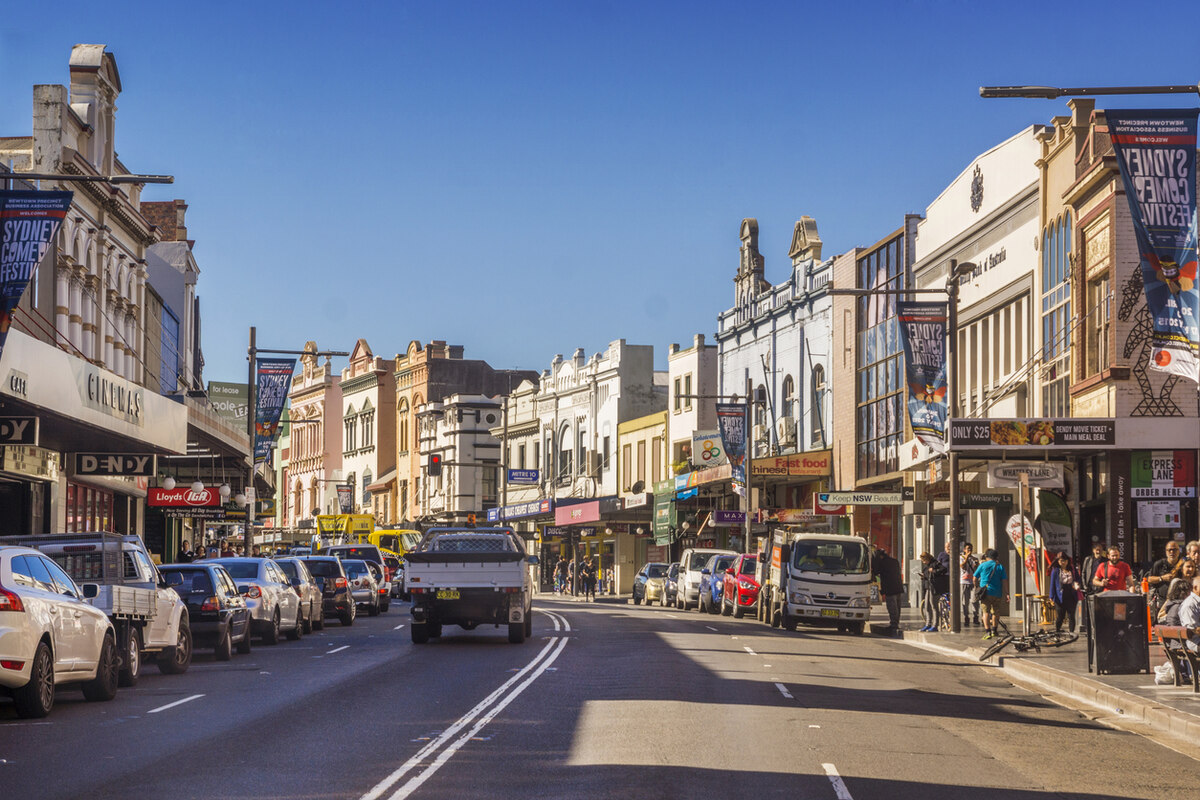
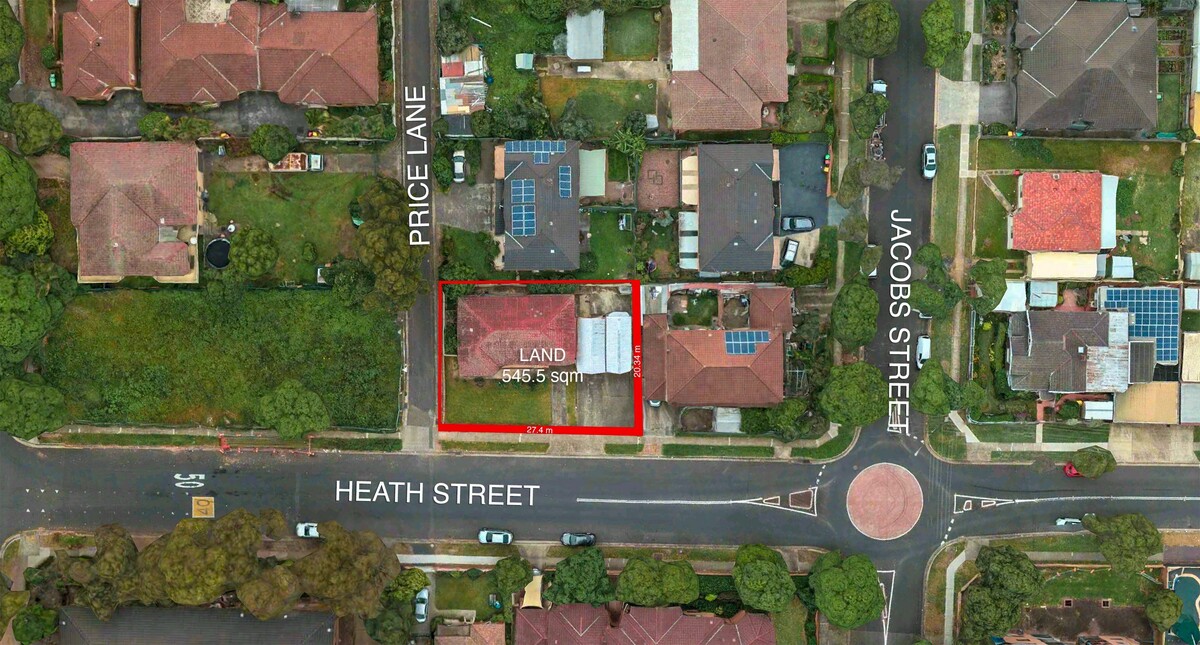
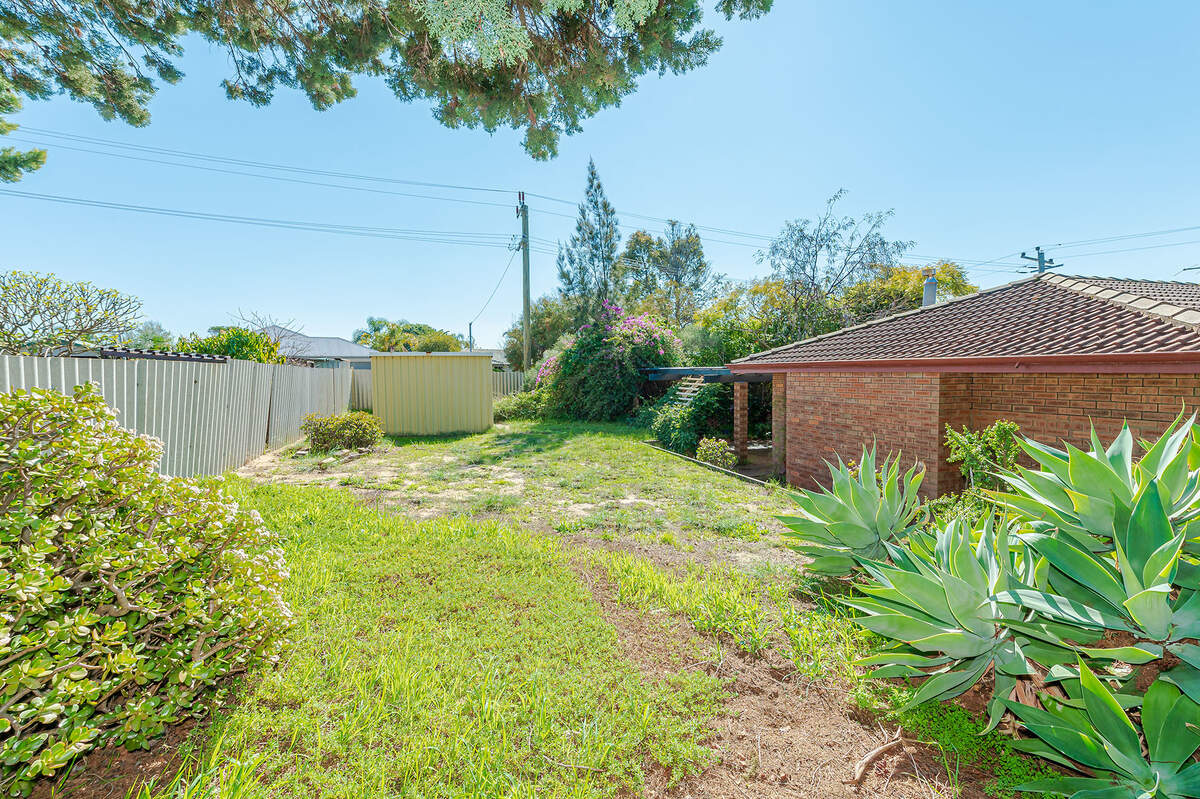
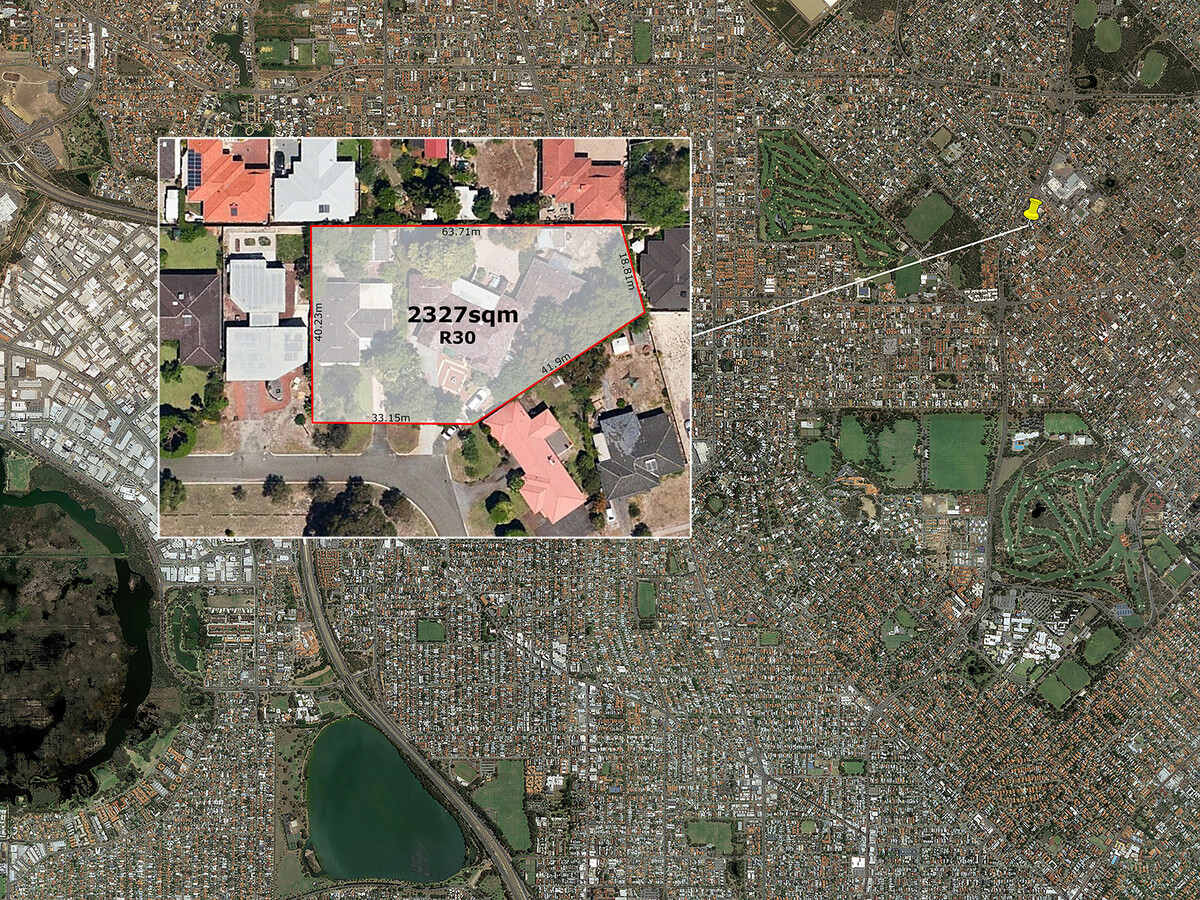
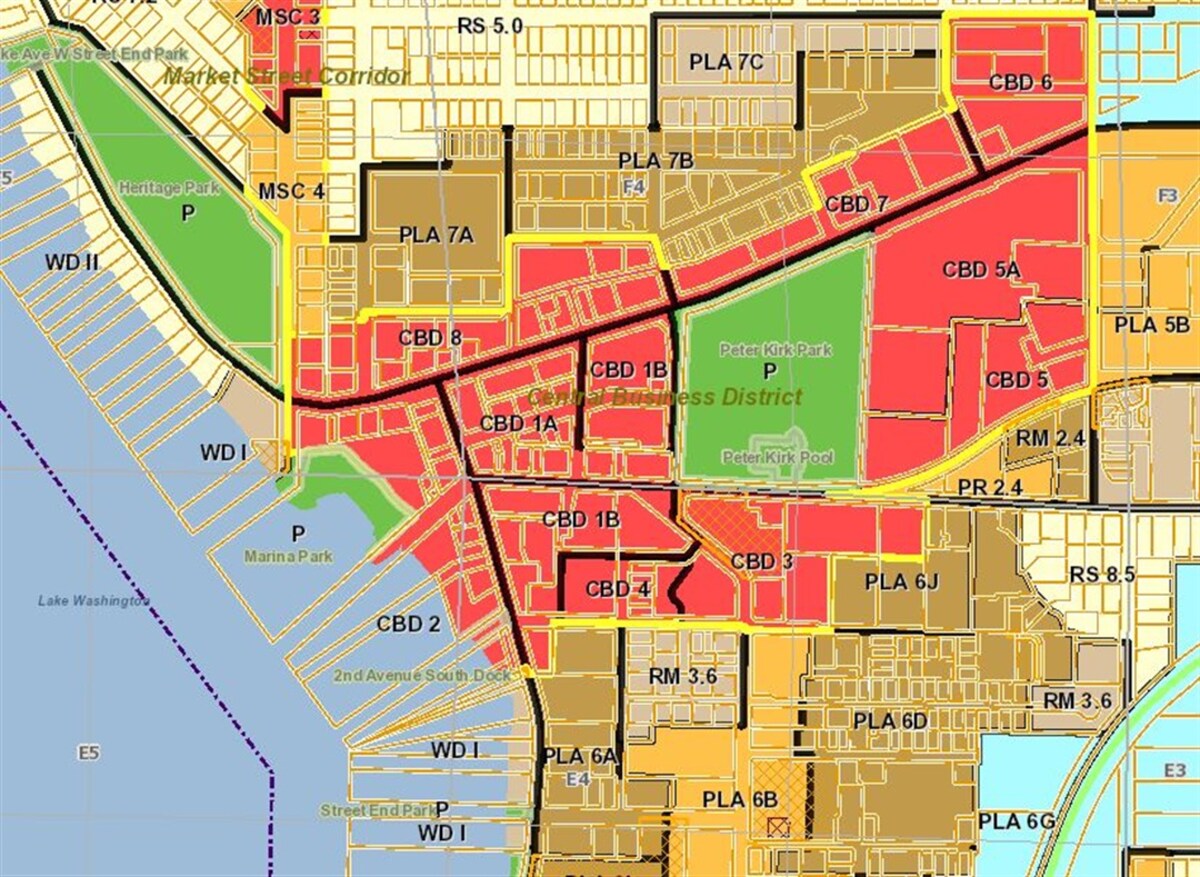


0 thoughts on “What Does B2 Zoning Mean”